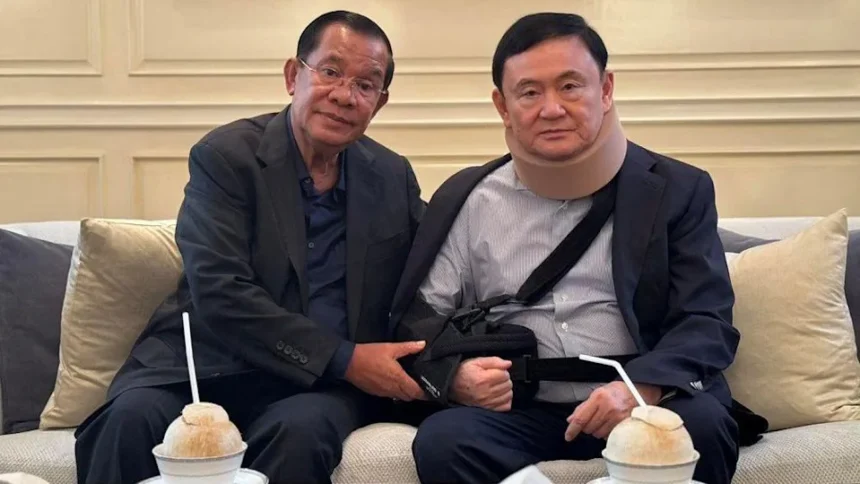There are regions on both sides of the lengthy, wooded border between the two nations. Serious gunfights have also occurred in the past; in 2008 and 2011, 40 people were murdered in similar-scale skirmishes. These, however, were defused very rapidly.
As recently as last May, following an incident in which a Cambodian soldier was killed, both sides appeared eager to avoid more violence, with consultations between each nation’s army chiefs intended to reduce tension. But it erupted on July 24. According to Thai police, 12 individuals were killed, all of them were civilians save for one. Whether it sustained any casualties has not yet been confirmed by Cambodia.
Why, therefore, has this specific border conflict that began Wednesday when a landmine explosion injured five Thai soldiers grown into something so much more? Last month, Hun Sen, the senior leader of Cambodia, shocked Thai Prime Minister Paetongtarn Shinawatra by disclosing a phone conversation they had about the disputed border, severely worsening relations between the two nations.
Public outrage was sparked when Paetongtarn referred to him as “uncle” and criticized one of her own military leaders during the chat. Since then, her position as prime minister has been suspended, and Thailand’s Constitutional Court is considering a petition to remove her from office.
Also Read:
Steven Looije: Offering Real Estate Expertise for Smart Investments With HUIS Real Estate
Pioneering Gene Silencing To Fight Cancer: Merle Fuchs As The CEO Of PRAMOMOLECULAR





